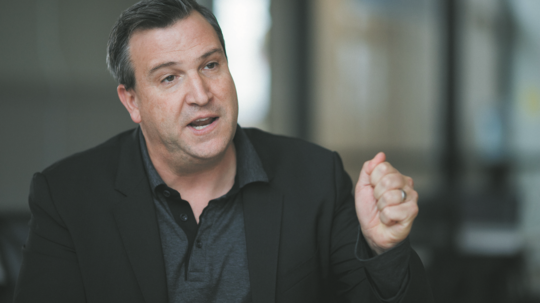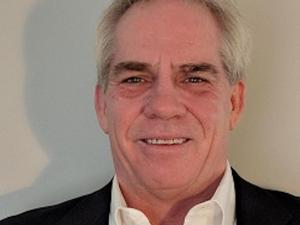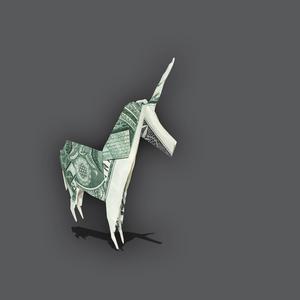
“In Their Own Words” is a series of short columns written by some of Cincinnati’s most influential startup leaders. After a tumultuous 2020, Cincy Inno wanted to give entrepreneurs an opportunity to reflect on the highs and lows of the last 12 months, and share how they're working to be smarter and better over the next 12. Each columnist was asked the very same question: How are you preparing your company for 2021?
As we look back on a year we will never forget, one truth stands out: we all worked for a startup in 2020. Maybe not literally but figuratively. Extreme challenges stared us down, and we scrambled with newfound dexterity (even fear) to adjust, adapt and survive.
Front-line heroes led with “whatever it takes” startup grit. Big companies softened and “flexed” protocols. Big bureaucracies turned on a dime. Business leaders put diversity and inclusion on the agenda with urgency. Supply chains were broken and reassembled at breakneck speed. Decision cycles sped up. Digital truly accelerated. Rapid testing and “by the minute” data analysis – infection rates, cash on hand – became the new norm. Open, full-transparency data sharing became (and remains) a life or death matter.
But the real test is yet to come.
We're still in the thick of it, and we can expect a heck of a lot more going into 2021.
Such was my message to Congress in July. In virtual testimony to an almost surreal "Hollywood Squares" edition of the House small business committee, I insisted we need to help small business owners prepare for a new economy “not just with re-skilling or up-skilling programs, but also with startup-skilling programs.”
A startup mindset, I explained, is different than a conventional leadership mindset. It prizes speed, rapid prototyping, constant iteration, and failing fast to learn fast. It is obsessed with data, what to see in it, and how to exploit it. It’s digital, and it thrives on pivots. This is also a game-changing opportunity for unprecedented economic inclusion – a topic the Black Lives Matter movement helped elevate, at startup speed, to everyone’s priority list in 2020.
The “Startup Spirit” also came to life at home. Bedrooms became offices. New rituals and regimens took root. We sprayed Amazon boxes and Kroger delivery bags. We watched our kids (and their schools) improvise – for better or worse – with virtual learning.
We augmented family rituals with virtual overlays. We traded physical hugs for hilariously disorganized Zoom calls. On one occasion, I joined my sister's virtual "tortilla soup making party" with 50 other friends and relatives…and loved every minute! With Alexa as sous chef, I rediscovered the joy of cooking.
Like in any startup experience, our world and community toggled in tensions and danced in dualisms. We were connected and more divided; more global and more local; greener and more toxic; more innovative and more invasive, more productive and more displaced.
And yet, in the same year that Congress put Big Tech on the hot seat and Shosanna Zuboff popularized the term “surveillance capitalism,” we all — amidst the bots, AI, automation, and creepy bit-coin stuff — actually looked at each other on screens for shockingly sustained periods of time.
"Virtual fatigue" notwithstanding, "presence" was a price of participation – a point underscored during my Congressional testimony when the chairwoman issued a stern warning to any member who turned off his or her video.
Despite partisan polarization, more Americans voted than ever before as states and local governments pivoted to make voting as accessible as possible to as many as possible despite nearly unprecedented challenges – the true application of a startup mindset to democracy itself.
We are living in an age of unending disruption – in which economic, social, health-related shocks – are going to become more common.
Some people call this a VUCA world — volatile, uncertain, chaotic, ambiguous — and it is. But it’s also a world, and a moment, when we saw startup spirit and thinking flip VUCA on its head. The antidote to VUCA, as my friend Bob Johansen of the Institute for the Future points out, is Vision, Understanding, Clarity, and Action.
We saw all this in abundance in 2020, which is what gives me such hope for 2021 and beyond.
Hope, I heard someone say recently, is the ability to imagine better futures and to pursue them all. I can’t think of a better way to remember the entrepreneurial spirit of this unprecedented year.




